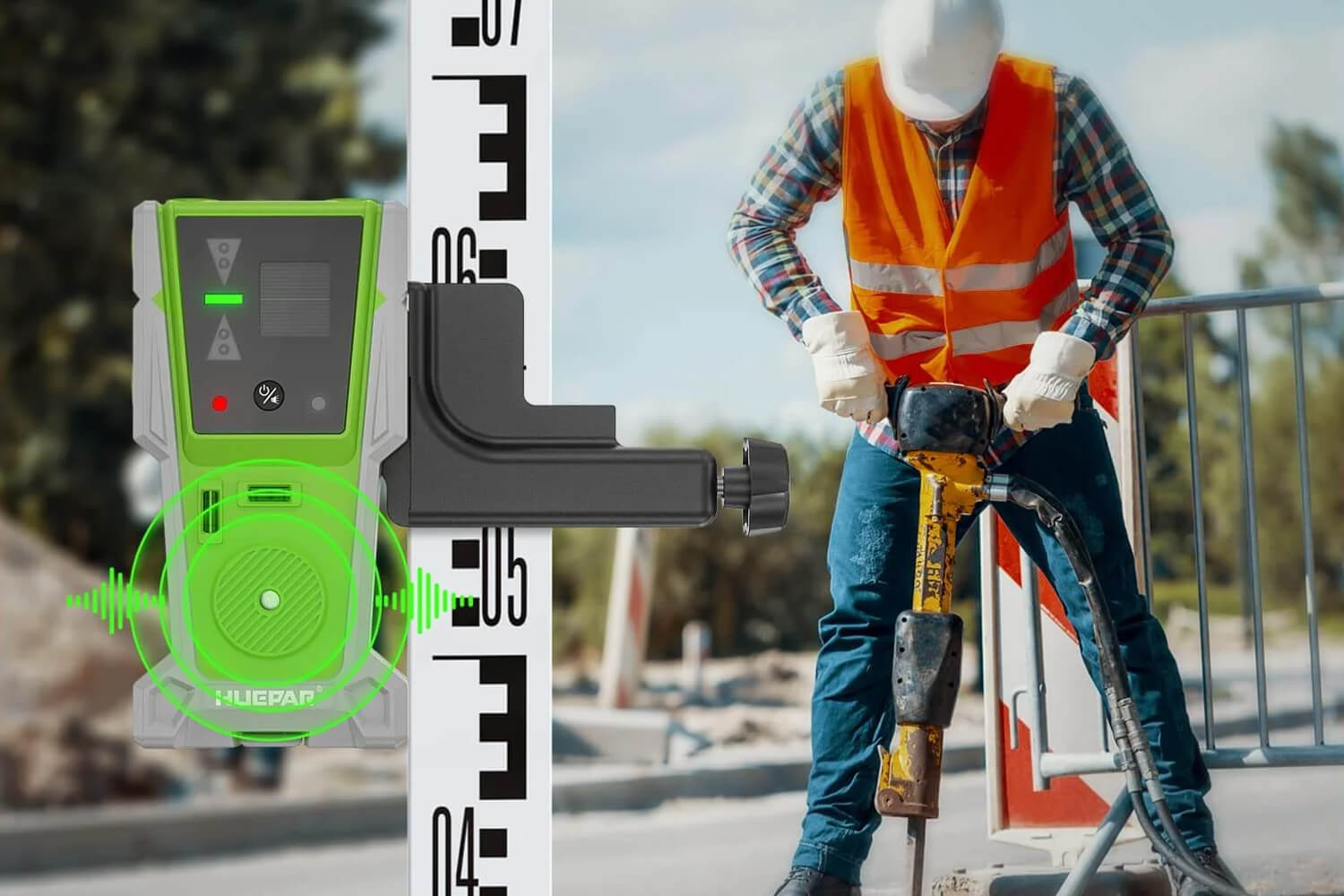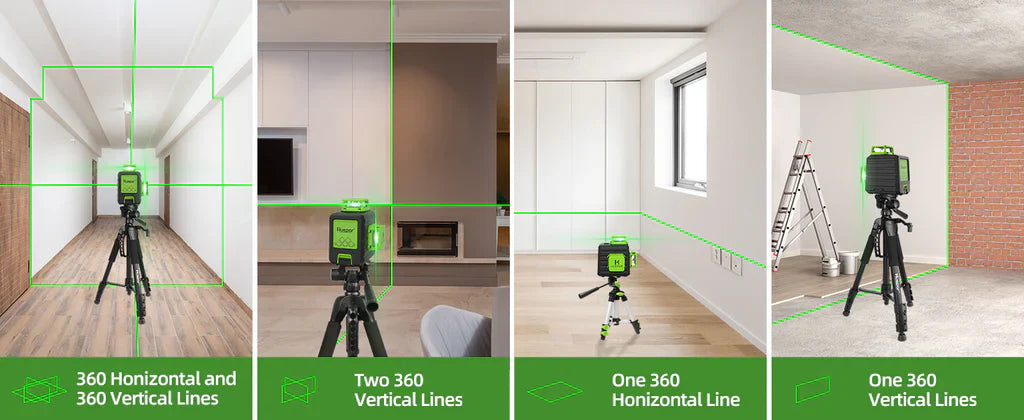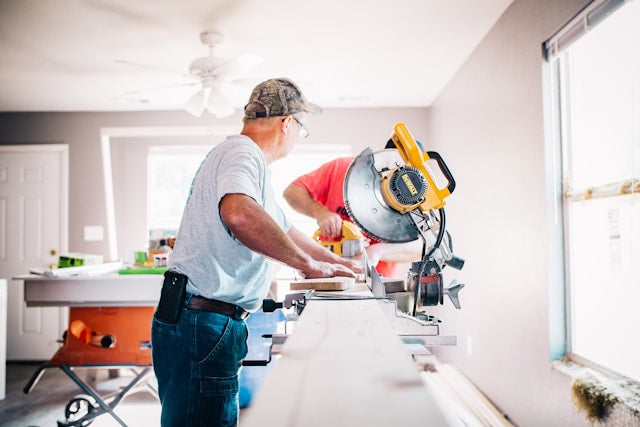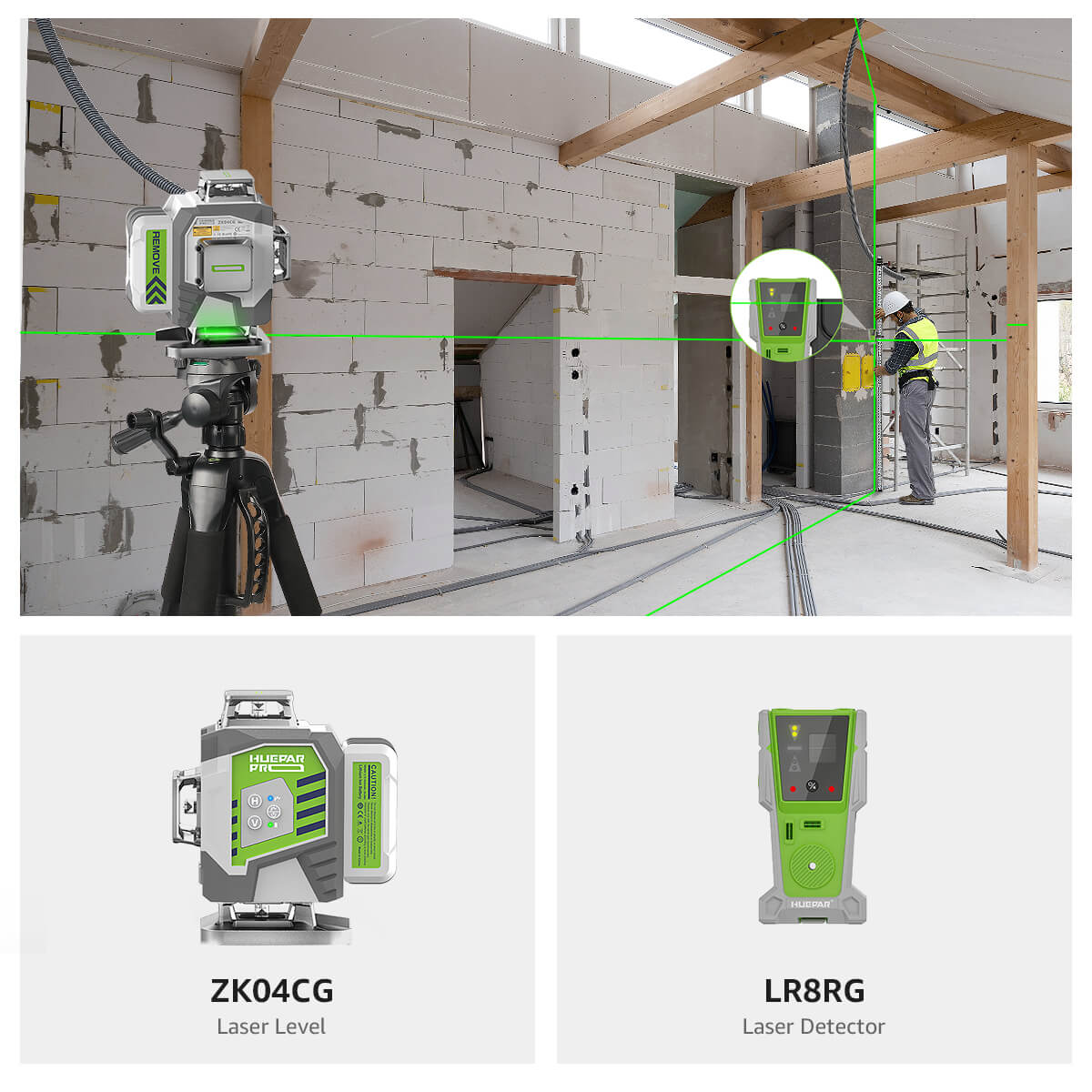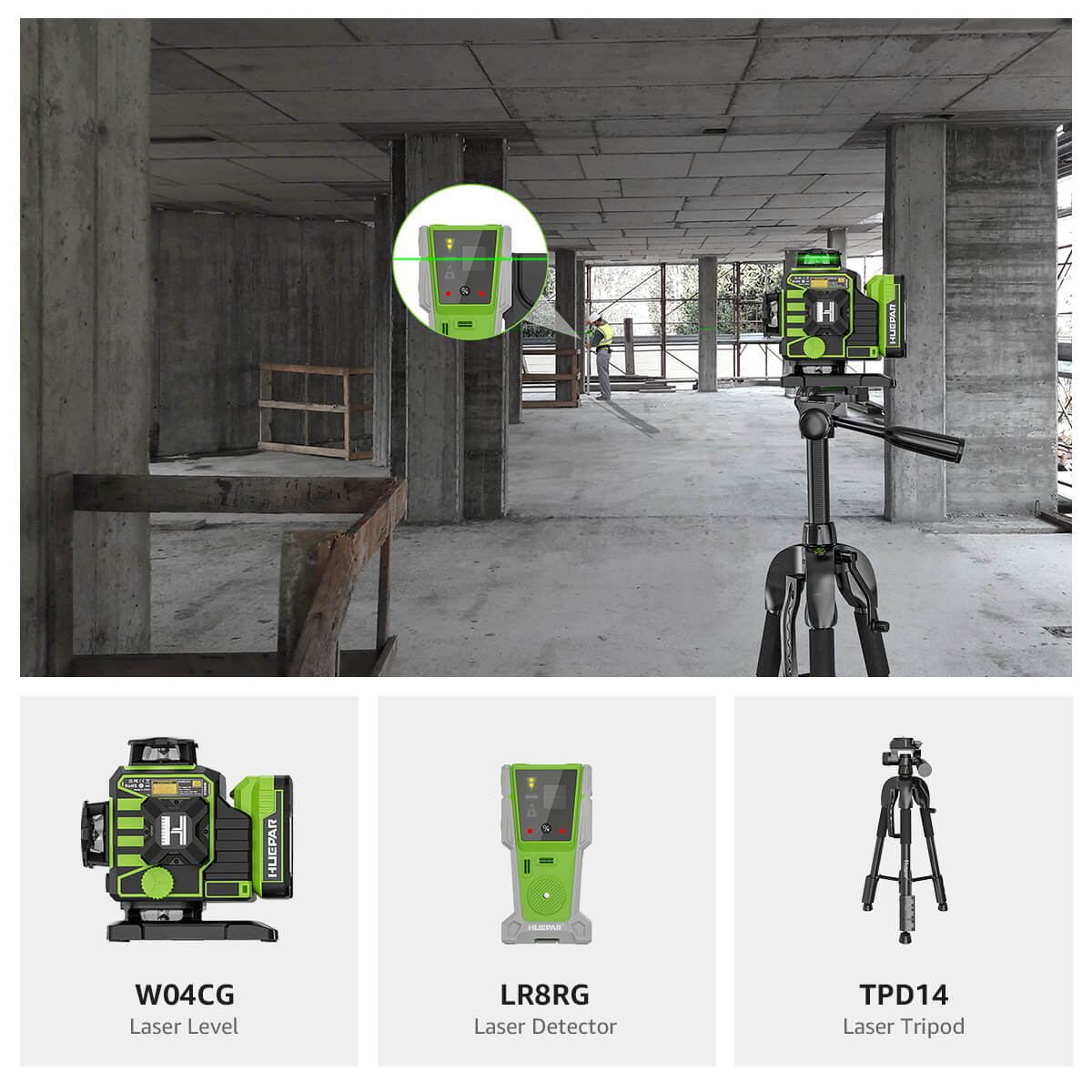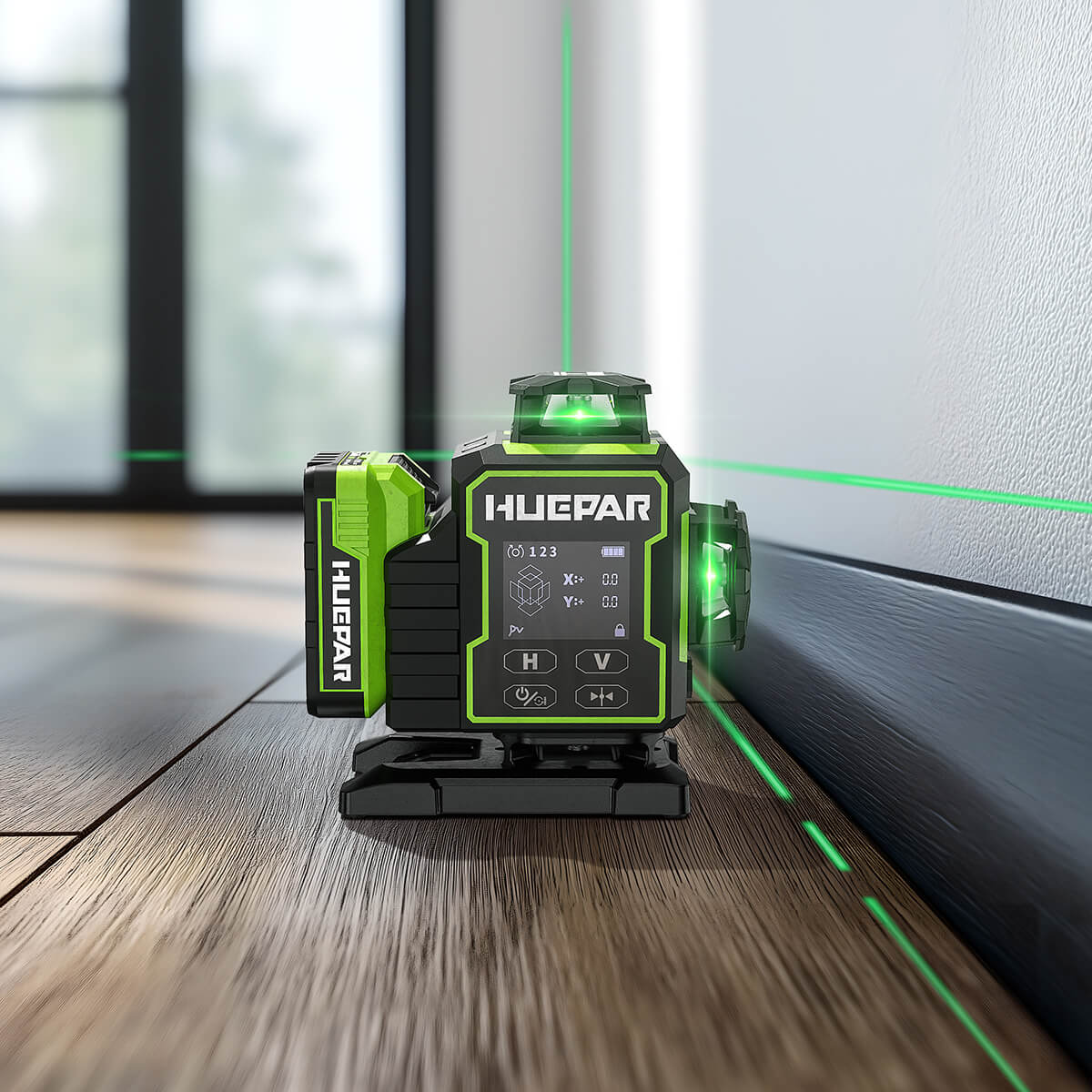
How to Become a Handyman in 2025?
Being a handyman means having a mix of skills – from fixing to running a small business. There’s no one way to learn but you need the right knowledge and experience to do quality work and make a living. So start by figuring out what skills you already have, what services you want to offer and how to learn what you don’t know.

Choosing Your Handyman Services
Many people think a handyman has to know how to fix everything but that’s not true. You can build a great business by focusing on just a few types of repairs or even one specialty. The most important thing is to keep improving your skills, stay up to date with new techniques and provide great customer service.
Before you start make a list of what you already know how to fix. Think about what repairs you’re comfortable with. Some handymen focus on a few areas like carpentry or plumbing while others offer a wider range of services. Either way be honest about what you can and can’t do.
It’s a good idea to start with what you know and expand later as you gain experience. Doing quality work and keeping customers happy will help your business grow over time.
Related Reading: How to Start a Handyman Business in 9 Steps in 2025
Ways to Learn Handyman Skills
There are different ways to learn handyman skills, and each has its benefits. Here are some of the best options:
-
Take classes – Many community colleges and trade schools offer courses in plumbing, electrical work, and other repairs. These programs can take time but may help you get a contractor’s license in the future.
-
Volunteer – Groups like Habitat for Humanity let you work on real projects while learning from experienced builders. Some contractors may also let you help out in exchange for free training.
-
Practice at home – Fixing things around your own home is a great way to learn. DIY projects help you develop problem-solving skills and gain hands-on experience.
-
Watch tutorials – Websites like YouTube, FamilyHandyman.com, and ThisOldHouse.com have step-by-step guides for many repairs.
-
Find a mentor – Learning from an experienced handyman or contractor can be very helpful. A mentor can give you advice, teach you skills, and help you avoid common mistakes.
Starting as a handyman takes time and practice, but with the right training and dedication, you can build a successful business. Keep improving your skills, focus on quality work, and always put your customers first!
#1 Vocational and Community College Training
One way to learn handyman skills is by taking classes at a vocational school or community college. These programs focus on trades like plumbing, electrical work, or HVAC (heating, ventilation, and air conditioning). They teach both the theory and practical skills needed for these jobs. While these programs take time, they can help you get the licenses and certifications required to work as a contractor in many states.
But becoming a licensed contractor often requires more than just completing classes. Many trades also require an apprenticeship or working as a journeyman. This means you will need to work under an experienced professional for several years before you can run your own business. The good news is that this experience helps you gain deep knowledge, hands-on skills and the credentials to attract customers and charge higher rates.
#2 Volunteering for Hands-On Experience
Volunteering is a great way to get real-world experience. Organizations like Habitat for Humanity let volunteers help with building and repairs, giving you a chance to work on tasks like roofing, framing, plumbing and electrical work. And you’ll be helping people in need.

You can also ask local contractors or small business owners if they are willing to let you work for free in exchange for training. Many experienced professionals would be happy to teach someone who is eager to learn. This can be a win-win situation—you get valuable experience and they get free help.
As a volunteer, you can choose projects that match the skills you want to develop. Since you aren’t getting paid, you don’t have to worry about liability concerns that sometimes come with working for a contractor.
#3 Learning Through DIY Home Projects
A great way to build handyman skills is by working on projects in your own home. Doing home repairs and improvements yourself helps you learn by doing. You’ll not only develop useful skills but you’ll also build confidence in handling different tasks.

One of the best parts of DIY projects is that you learn from your mistakes. If something doesn’t work, you have to figure out how to fix it, which strengthens your problem solving abilities. These problem solving skills will be useful when working as a handyman where every job can present unique challenges.
Working on your own home also helps you become more independent, which is an important quality for a handyman. Often you’ll need to rely on your own judgment to solve problems. And online too! Websites like YouTube have thousands of videos on home repair and improvement.
#4 Online Resources for Handyman Training
The internet has made learning so much easier. If you want to be a handyman there are many great online resources to help you learn new skills.
One of the best things about online learning is the amount of information out there. You can find step by step guides, video tutorials and expert advice on almost any repair or home improvement project.
A great website for handyman training is FamilyHandyman.com. It has articles, videos and guides on everything from simple repairs to big projects. Whether you want to fix a leaky faucet or build a shelf, this site has the instructions.
Another good website is ThisOldHouse.com. It has information on home repairs, renovations and maintenance. With videos, articles and expert tips this site is perfect for learning new skills and staying up to date on the latest trends.
YouTube is also a great place to learn handyman skills. Many channels focus on home improvement and DIY projects, with clear step by step instructions. Whether you need help with plumbing, electrical work, carpentry or landscaping you can find plenty of videos.
While online learning is valuable hands on practice is just as important. Combining both will help you gain the confidence and skills to tackle different handyman jobs.
#5 Finding a Mentor for Guidance
One of the best ways to learn handyman skills is to find a mentor—an experienced professional who can guide you. Look for skilled handymen or contractors and ask them questions. A good mentor can teach you important skills, share their experience and help you avoid common mistakes.
Building a relationship with a mentor takes time but it’s worth it. You’ll not only improve your skills but also learn about the business side of things like pricing, marketing and customers.
Finding a mentor can be as simple as talking to a handyman on a job site or reaching out to local contractors. Many experienced professionals are happy to help those who want to learn.
Taking the First Step to a Handyman Business
You can start a handyman business anyone can. You don’t have to know everything right away. The best way to start is to offer a few services you’re comfortable with and learn more as you go.Being a handyman isn’t about knowing everything up front. It’s about being willing to learn, solve problems and improve over time. Take the first step today and you’ll be on your way to financial freedom and job satisfaction.
Handyman Licensing
Licensing for handymen varies by state and by type of work. If you plan to do plumbing, electrical or HVAC (heating, ventilation, and air conditioning) work you’ll likely need a license. But for basic repairs you can often start without one.
Some states allow unlicensed handymen to do small repairs up to a certain dollar amount. Other states require a contractors license for anything beyond minor maintenance.
Essential Tools for Handymen
As a handyman, you'll need a variety of tools to tackle different jobs. While the specific tool requirements may vary based on the services you offer, some essential tools include:
- Cordless drill
- Hammer
- Screwdrivers (flathead and Phillips)
- Pliers
- Utility knife
- Tape measure
- Bubble Level
- Wrenches (adjustable and socket set)
- Pry bar
- Paint brushes and rollers
- Laser Level (Essential tool for construction and carpentry)
When you're starting out as a handyman, it's usually a good idea to begin with a solid foundation of hand tools and power tools. You can always add to your collection as you take on more diverse projects and figure out what you really need. Investing in quality tools that will last pays off in the long run. You won't have to replace them as often, and they'll perform better.
Buying tools as you need them is a more effective way to manage your budget and avoid unnecessary expenses. You won't be tempted to buy everything at once and end up with a bunch of tools you might never use.
FAQs:
Do I need a license to become a handyman?
Licensing requirements vary by state and trade. You might not need a license for general handyman services, but you will for certain trades like plumbing, electrical or HVAC work. Research your state's regulations and get the necessary licenses if you plan to offer those services.
What are the must-have tools for a handyman?
That depends on the jobs and services you offer. A cordless drill, hammer, screwdrivers, paint brushes and basic hand tools are a good starting point. But the right tools for you will come with experience-and as you figure out what you need.
How do you market your handyman business?
Word of mouth is still one of the most effective marketing strategies. Building a professional website, using online directories and review platforms, networking with local contractors and real estate agents, distributing flyers and business cards in your community and getting happy customers to spread the word are all good places to start.
